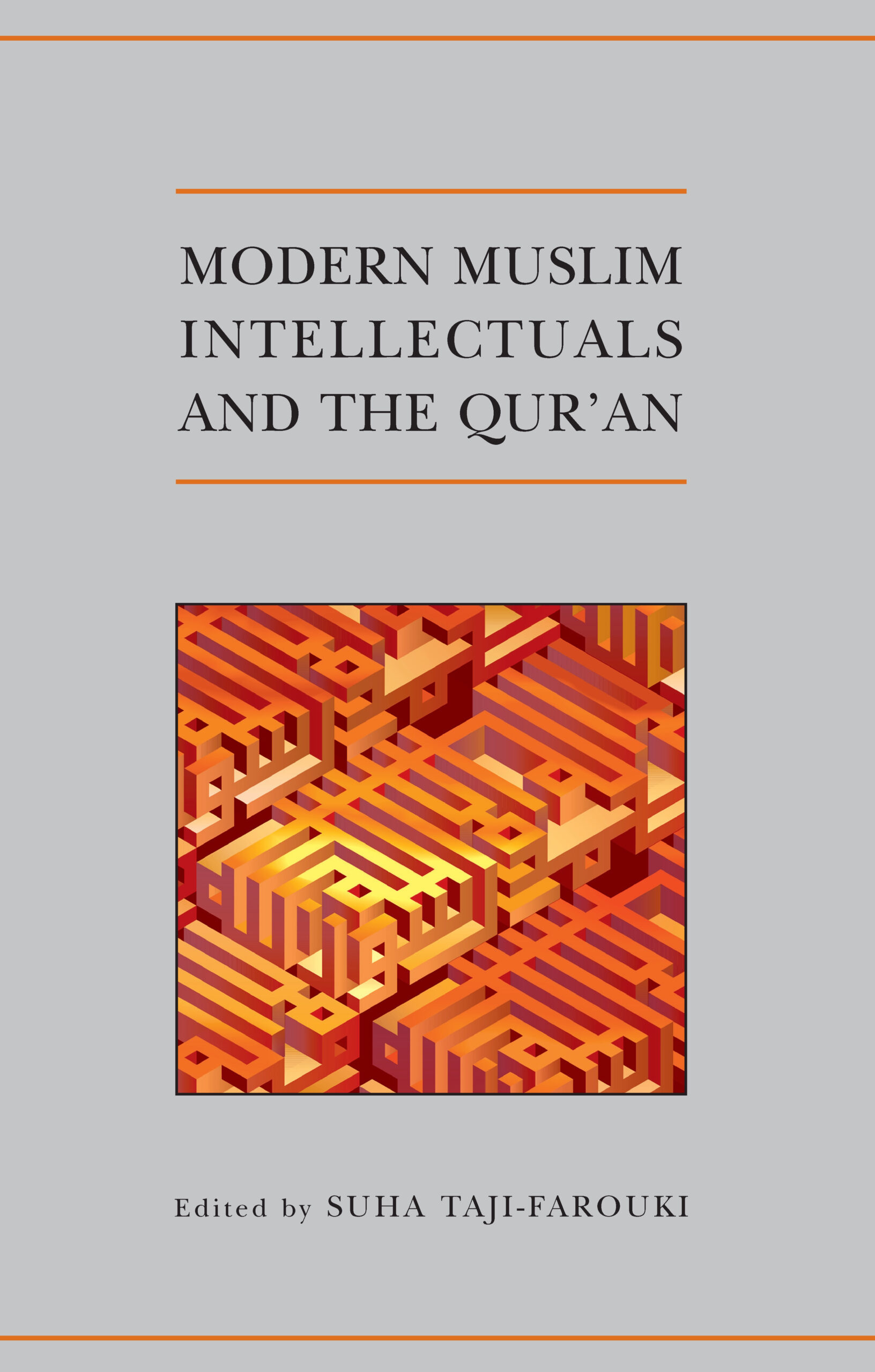This volume examines the writings of ten Muslim intellectuals, working throughout the Muslim world and the West, who employ contemporary critical methods to understand the Qur’an(also Koran. Arabic term meaning, ‘recitation’ or ‘scripture’): Muslims believe that the Holy Qur’an contains divine revelations to the Prophet Muhammed received in Mecca and Medina over a period of… More. Their work points to the emergence of a new trend in Muslim interpretation, characterised by direct engagement with the Word of God while embracing intellectual modernity in an increasingly globalised context. The volume situates and evaluates their thought, and assesses responses to it among Muslim and non-Muslim audiences. The ten chapters highlight the diverse arenas in which such intellectuals draw on the Qur’anic text, through their fresh readings of its verses.
Notes on Contributors
1. Introduction
Suha Taji-Farouki
2. Fazlur Rahman: a framework for interpreting the ethico-legal content of the Qur’an
Abdullah Saeed
3. Nurcholish Madjid and the interpretation of the Qur’an: religious pluralism and tolerance
Anthony H. Johns and Abdullah Saeed
4. Amina Wadud’s hermeneutics of the Qur’an: women rereading sacred texts
Asma Barlas
5. Mohammed Arkoun: towards a radical rethinking of Islamic thought
Ursula Günther
6. From revelation to interpretation: Nasr Hamid Abu Zayd and the literary study of the Qur’an
Navid Kermani
7. Post-revolutionary Islamic modernity in Iran: the inter-subjective hermeneutics of Mohamad Mojtahed Shabestari
Farzin Vahdat
8. Mohamed Talbi on understanding the Qur’an
Ronald L. Nettler
9. Hüseyin Atay’s approach to understanding the Qur’an
Osman Taştan
10. ‘The form is permanent, but the content moves’: The Qur’anic text and its interpretation(s) in Mohamed Shahrour’s al-Kitab wal-Qur’an
Andreas Christmann
11. Modern intellectuals, Islam, and the Qur’an: the example of Sadiq Nayhum
Suha Taji-Farouki
Index
Lay persons and scholars alike will benefit from the tone and the content of this timely volume.
– Bruce B. Lawrence, Duke University, Durham, North Carolina
Suha Taji-Farouki is Lecturer in Modern Islam, Institute of Arab and Islamic Studies, University of Exeter, and Research Associate, Department of Academic Research and Publications, The Institute of Ismaili Studies. Her publications include A Fundamental Quest: Hizb al-Tahrir and the Search for the Islamic Caliphate (1996); Muslim–Jewish Encounters: Intellectual Traditions and Modern Politics (co-edited, 1998); and Islamic Thought in the Twentieth Century (co-edited, 2004).

